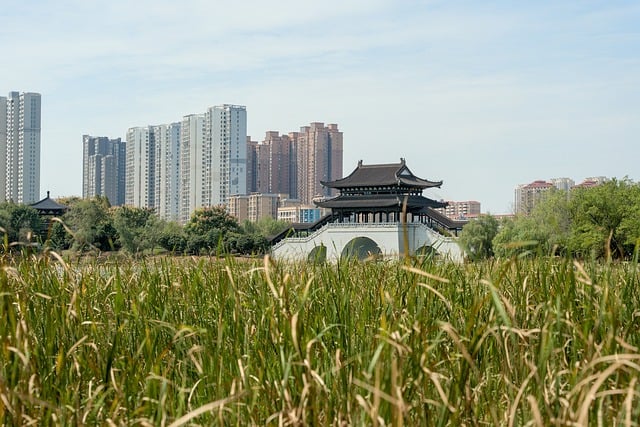Growing Together: Embracing Eco-Friendly Education in Nature-Based Communities
In the heart of every community lies a unique relationship with the environment that surrounds it. Nature-based education creates a beautiful tapestry of learning woven through the natural world, instilling an appreciation for the earth in the minds of both the young and old. By integrating eco-friendly practices into our educational systems, we empower future generations to grow together in harmony with nature.
Connecting with the Environment
Imagine stepping into a classroom where the walls are made of living plants, and the lessons are inspired by the sounds of rustling leaves and chirping birds. In a nature-based education setting, students learn not just about the world, but from it. The environment becomes a living textbook where every organism, from the tiniest insect to the tallest tree, contributes to a deeper understanding of life.
Gardening: A Hands-On Learning Experience
Gardening serves as a cornerstone in nature-based education. Digging in the dirt, planting seeds, and watching them grow fosters not only a connection to the land but also to the community. Through gardening, students learn valuable lessons about responsibility, patience, and the cycle of life. They nurture plants while also cultivating a sense of stewardship for the environment, understanding that every action can contribute to a healthier, greener world.
Going Green in Education
Incorporating eco-friendly practices into education means more than just teaching about the environment; it’s about living it. Schools can implement sustainable practices like recycling, using solar energy, and reducing waste. By modeling these behaviors, educators instill a lifelong commitment to green living in their students. Every small step taken within the classroom can ripple outward, inspiring families and communities to embrace a more sustainable lifestyle.
Nurturing a Love for Nature
Engaging with nature is not just educational; it’s transformative. Nature-based education promotes physical well-being, enhances creativity, and reduces stress. Field trips to parks, nature reserves, and gardens connect children with ecosystems beyond their classroom walls, allowing them to experience firsthand the beauty and complexity of the natural world. In doing so, we help nurture a deep-rooted respect and love for nature that can last a lifetime.
Building Communities Around Nature
When communities come together to focus on nature-based education, they foster a collective responsibility for the environment. Community gardens and local initiatives not only serve as educational tools but also as gathering spaces where families can share knowledge and resources. These connections strengthen bonds between neighbors while promoting a united front in the push for sustainability.
As we embrace nature-based education in our communities, we pave the way for a brighter, greener future. By nurturing our connection to the environment, we grow together—not just as students and teachers, but as caretakers of our planet. The lessons learned in nature are profound, and through eco-friendly education, we can cultivate a culture of respect and love for our Earth that transcends generations.




